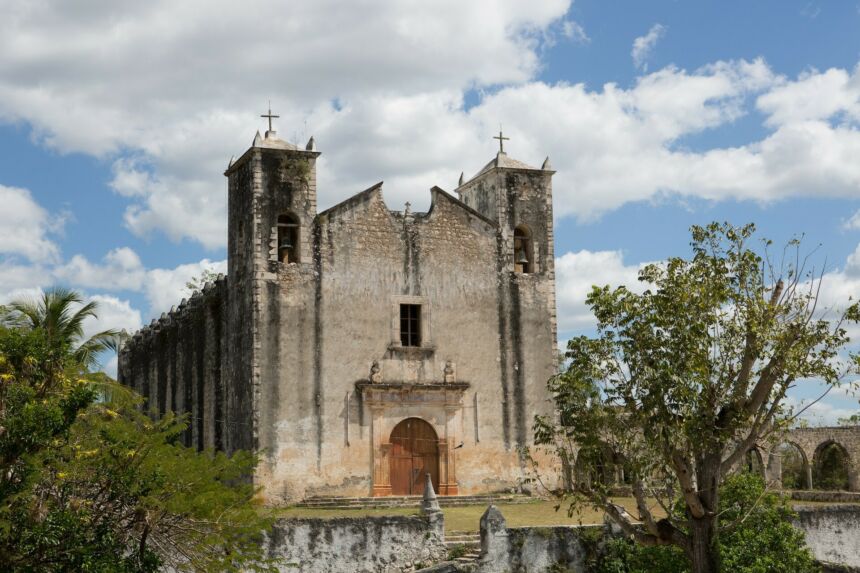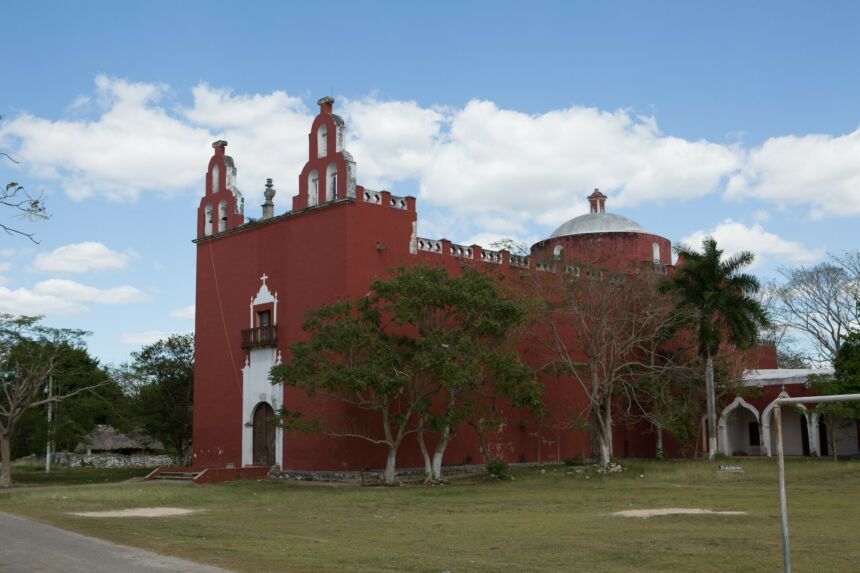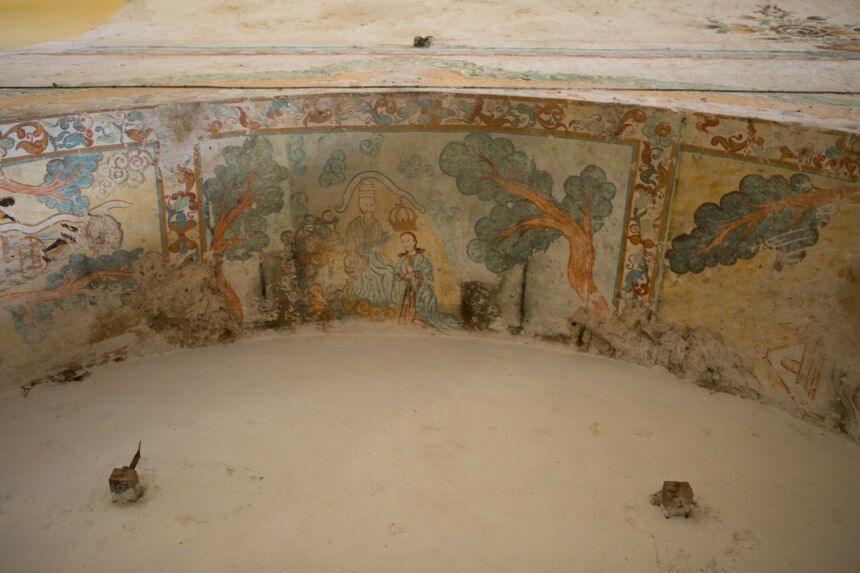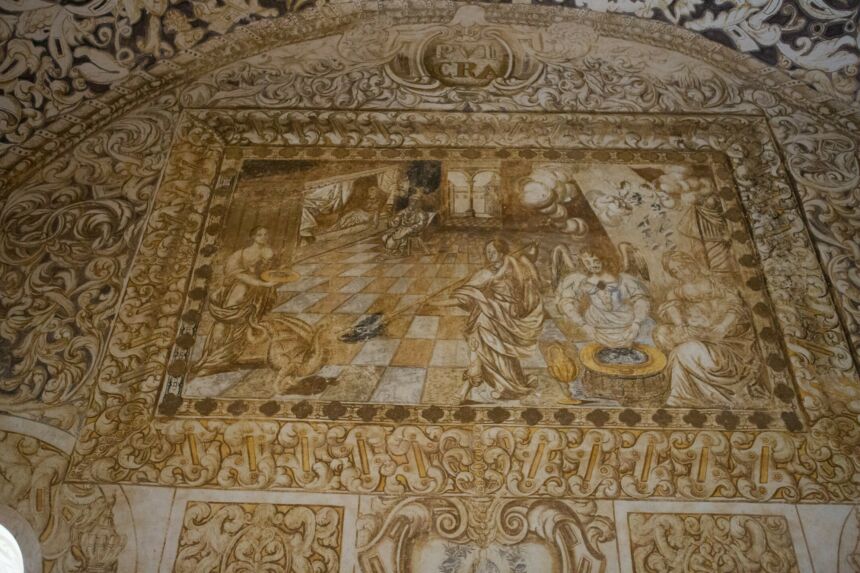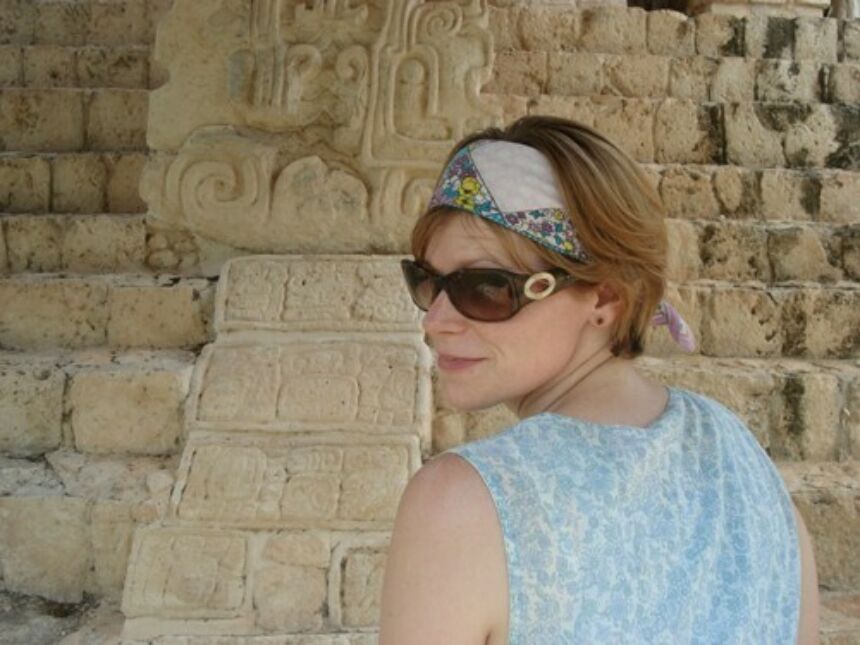Amara Solari
- Professor of Art History and Anthropology
-
Latin American Art and Architectural History
206 Borland
- Email als66@psu.edu
- Phone 814-865-4883
- Vitae Download/View CV

Biography
My research focuses on the processes of, and the inevitable inequities produced by, cultural, visual, and theological interchange between Indigenous groups of Mesoamerica and Spanish settler-colonists of New Spain. Centered on material and visual culture, I have written multiple articles, several co-authored books, and three monographs, which span the precontact and early colonial periods. The most recently published, Idolizing Mary: Maya-Catholic Icons in Yucatán, Mexico, investigates discourses of early modern conceptions of contagious disease and religion, using Maya-venerated cults of the Virgin Mary to understand the development of Yucatecan religiosity as a form of Indigenous opposition to Spanish colonization. I am working on several collaborative projects, including one that elucidates early modern religious painting in Yucatán, a project that is funded by a three-year collaborative grant from the National Endowment for the Humanities. The result of this research is a book, Maya-Christian Murals in Early Modern Yucatán, forthcoming with the University of Texas Press. I am currently in the preliminary stage of research for my fourth monograph, Missions Impossible: The Art of Franciscan Failure and Puebloan Perseverance in Nuevo México, which examines the ways Indigenous art and architecture were co-opted by various colonial actors during Catholic evangelical campaigns prior to the 1648 Pueblo Revolt. I am also co-curating an exhibition, "Recollecting the Art and Science of the Ancient Andes," due to open in Penn State's Palmer Museum of Art in Fall 2024.
Collected Works
